Inspirational journeys
Follow the stories of academics and their research expeditions
Tikanga Māori: A Living Framework for Cultural Integrity and Innovation
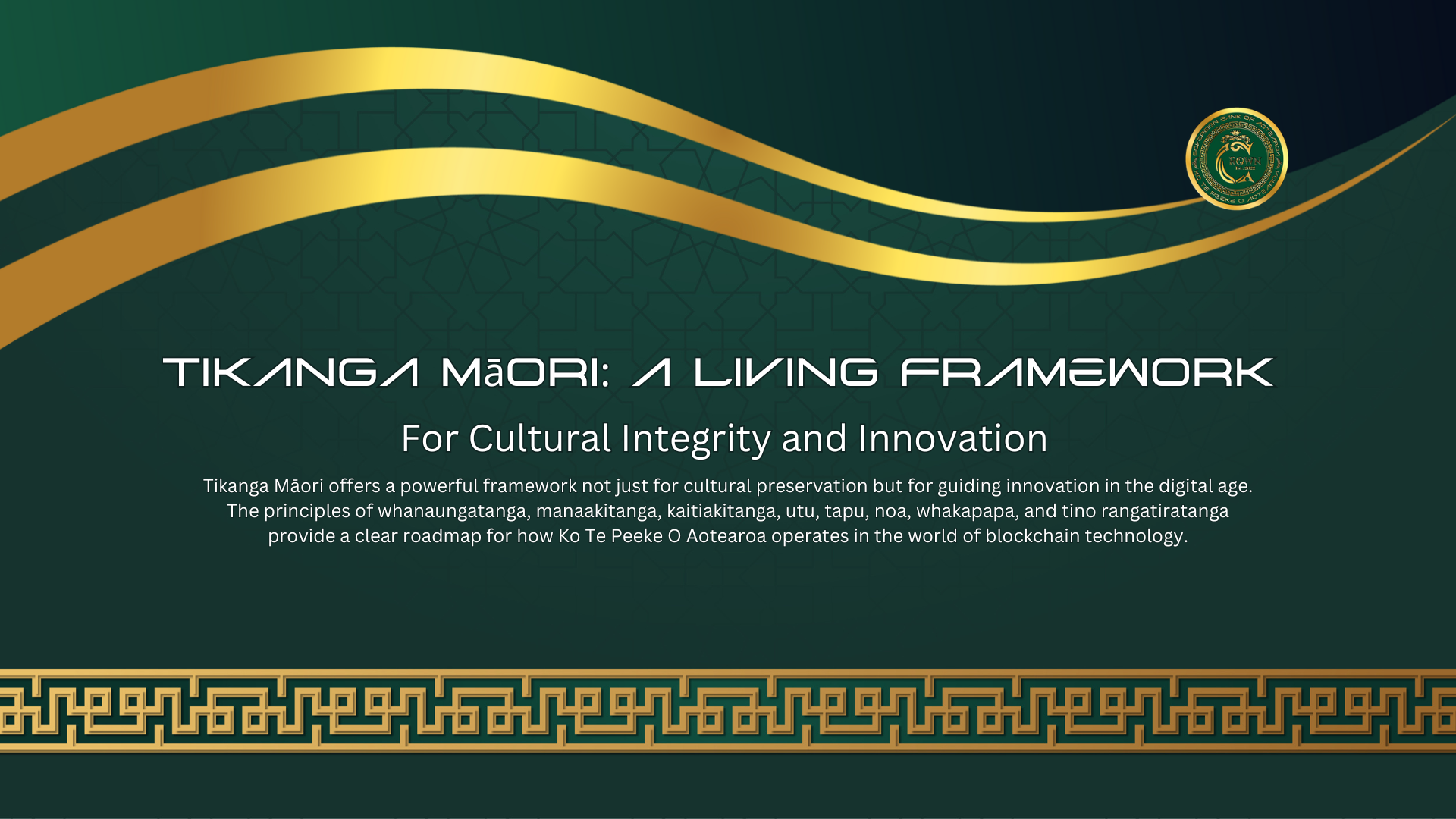
Tikanga Māori: A Living Framework for Cultural Integrity and Innovation
Tikanga Māori represents the body of Māori customs, values, and principles that have been passed down through generations. It is not merely a set of rules or guidelines; it is a living, breathing framework that shapes how Māori engage with the world around them, interact with others, and maintain balance in their communities. As whānau (families), hapū (sub-tribes), and iwi (tribes) navigate the challenges of the modern world, tikanga continues to guide behavior, decision-making, and relationships, ensuring that mana (prestige and authority), whakapapa (ancestry), and kaitiakitanga (guardianship) are preserved.
In today’s context, tikanga Māori is not only a cultural anchor but also a blueprint for innovation, especially when applied to emerging fields like blockchain technology, financial sovereignty, and decentralized governance. In this blog, we’ll explore how tikanga Māori serves as a guiding principle in both traditional and modern contexts, and how it provides a unique lens for understanding the future of technology and governance for Māori.
Whanaungatanga (Relationships and Connection)
One of the foundational principles of tikanga Māori is whanaungatanga—the emphasis on relationships and connections. This principle encourages individuals to recognize their interdependence with others and to nurture relationships based on trust, respect, and reciprocity.
In a blockchain context, whanaungatanga is mirrored in the decentralized networks that enable peer-to-peer interactions without intermediaries. Each pūnaha poraka (blockchain system) is a network of nodes working together to validate transactions, where trust and accountability are distributed across the community. Just as whānau (family) relationships are nurtured through mutual support, blockchain transactions are upheld by the whakapono (trust) and transparency of the network.
Manaakitanga (Care and Hospitality)
Manaakitanga refers to the values of hospitality, care, and the responsibility to look after others. Within Māori communities, this concept ensures that people are supported, their well-being is prioritized, and relationships are strengthened through acts of generosity and care.
In the evolving landscape of decentralized finance (DeFi), manaakitanga can be reflected in the creation of platforms and ecosystems that provide equitable opportunities for all participants. Ko Te Peeke O Aotearoa, for example, builds on this principle by ensuring that the benefits of whakahaere pūtea motuhake (decentralized financial management) are shared across the community, fostering both individual and collective well-being.
Kaitiakitanga (Guardianship and Stewardship)
Kaitiakitanga embodies the Māori responsibility of guardianship over the environment, resources, and taonga (treasures) for future generations. This principle emphasizes sustainable practices and the careful management of resources, ensuring they are preserved and nurtured for those who come after.
In the context of blockchain and digital assets, kaitiakitanga can be seen in how communities manage their digital resources—such as tokenized land or assets on the HEAL Marketplace. Through the use of mahere atamai (smart contracts), these assets can be safeguarded, ensuring that ownership and control remain within the community. Blockchain’s whakahaumaru (security) features ensure that resources are protected from manipulation or exploitation, aligning with the principles of kaitiakitanga.
Utu (Balance and Reciprocity)
Utu is the concept of balance and reciprocity. In traditional Māori society, it ensured that all exchanges, whether they be gifts, services, or grievances, were returned in kind. It is about maintaining equilibrium in relationships and ensuring that no one benefits at the expense of another.
In blockchain technology, the principle of utu is evident in systems of profit-sharing, where smart contracts ensure that everyone involved in a transaction is fairly compensated. For example, in Ko Te Peeke O Aotearoa, whakawhitinga hua (profit-sharing transactions) are conducted in a transparent and fair manner, reflecting the balance and reciprocity that utu demands. Blockchain ensures that these exchanges are recorded immutably, creating a system of accountability and fairness.
Tapu and Noa (Sacredness and Everyday Life)
Tapu refers to the sacredness or restrictions placed upon people, places, or things, while noa represents the ordinary or unrestricted. These concepts govern many aspects of Māori life, ensuring that the sacred is respected and the ordinary is treated appropriately.
In a financial sovereignty context, understanding what is tapu versus what is noa can be seen in how resources, data, and transactions are treated on the blockchain. For example, the security and privacy of one’s financial assets and personal data are tapu, protected by the transparency and encryption of blockchain systems. Meanwhile, daily whakawhitinga pūtea (financial transactions) are treated as noa, routine and secure, but with the respect and integrity necessary to maintain balance in the system.
Whakapapa (Ancestry and Connection to the Past)
Whakapapa is the genealogy that connects Māori to their ancestors and their historical identity. It represents a deep connection to the past and serves as a guide for the present and future. In Māori society, all actions and decisions are made with an understanding of whakapapa and the need to honor those who have come before.
In the world of blockchain, whakapapa can be likened to the ledger of transactions that records every action and exchange. Just as whakapapa preserves the history of a family or tribe, blockchain preserves the history of every transaction, ensuring that it can be traced and honored. Ko Te Peeke O Aotearoa not only records these transactions but aligns them with the principles of whakapapa, ensuring that economic decisions are made with future generations in mind.
Tino Rangatiratanga (Sovereignty and Self-Determination)
At the heart of tikanga Māori is the principle of tino rangatiratanga, or absolute sovereignty. This concept asserts Māori control over their lands, resources, and decisions. In modern times, tino rangatiratanga extends to the digital realm, where control over data, assets, and resources must remain with the Māori people.
Ko Te Peeke O Aotearoa embodies tino rangatiratanga by providing a platform where Māori can exercise mana motuhake (self-determination) over their financial future. The use of poraka raraunga (blockchain) ensures that this sovereignty is maintained, with Māori communities in full control of their resources and wealth.
Tikanga Māori as a Foundation for Innovation
Tikanga Māori offers a powerful framework not just for cultural preservation but for guiding innovation in the digital age. The principles of whanaungatanga, manaakitanga, kaitiakitanga, utu, tapu, noa, whakapapa, and tino rangatiratanga provide a clear roadmap for how Ko Te Peeke O Aotearoa operates in the world of blockchain technology.
By grounding financial systems in these values, we are building not only for today but for mō āpōpō (the future), ensuring that Māori continue to thrive in the modern world while staying true to their cultural identity. As we move forward, tikanga Māori will continue to shape our approach to technology, ensuring that innovation respects and enhances mana Māori (Māori authority).
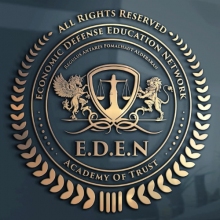
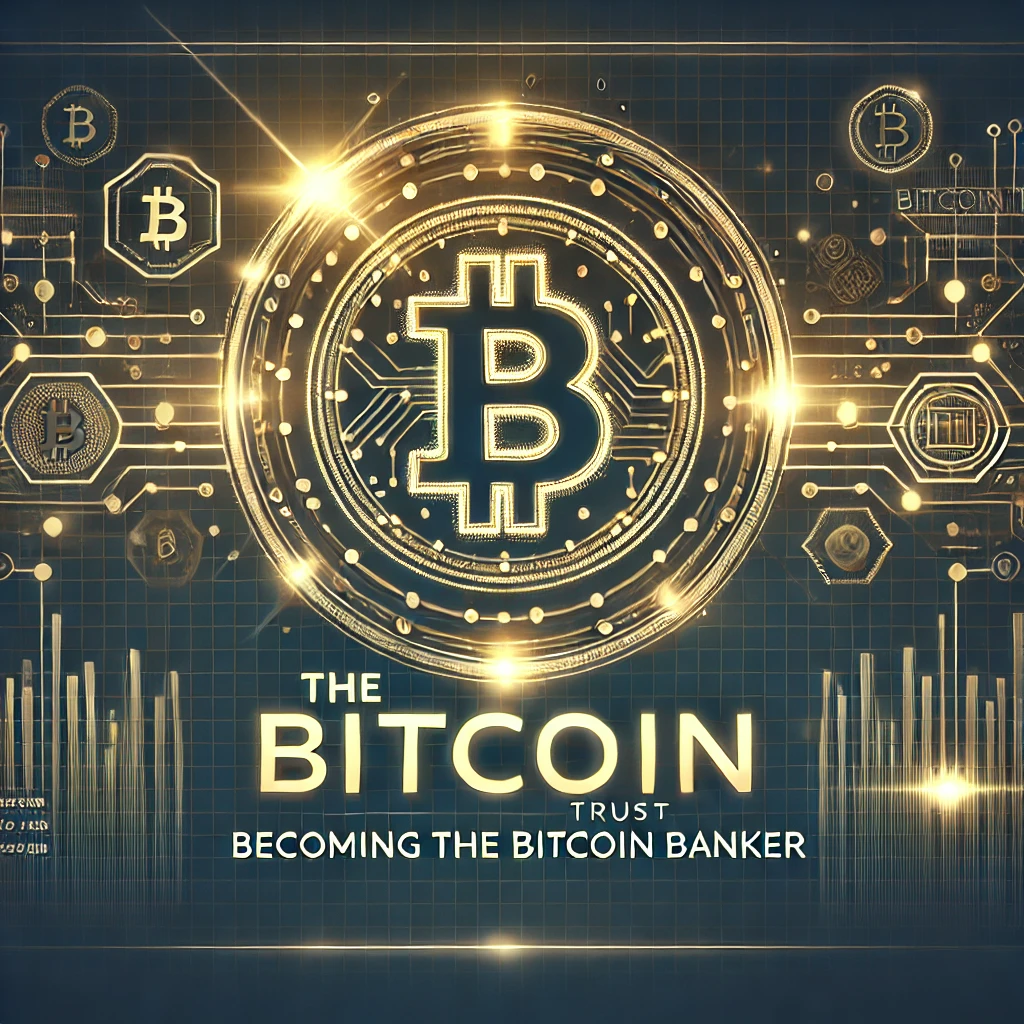
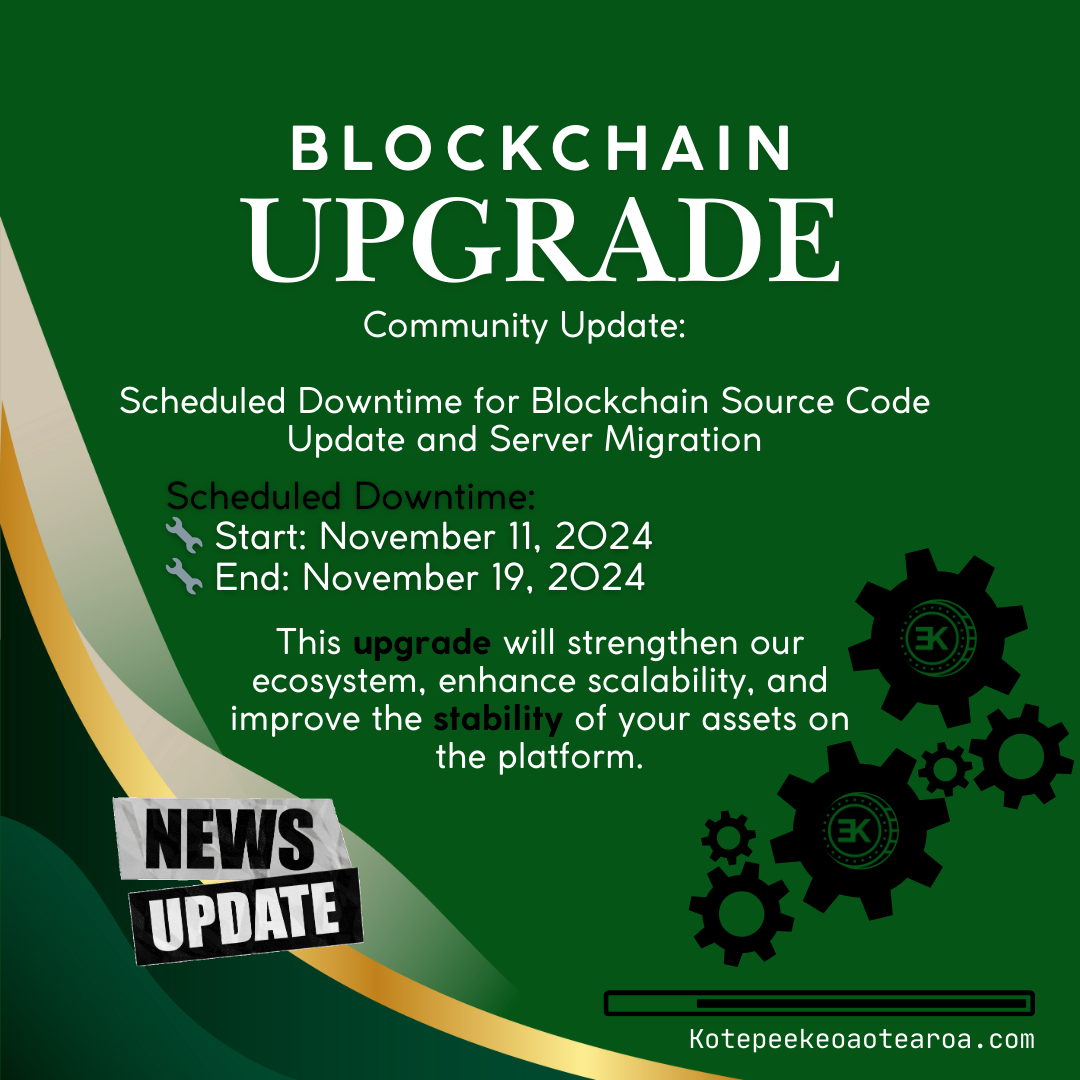
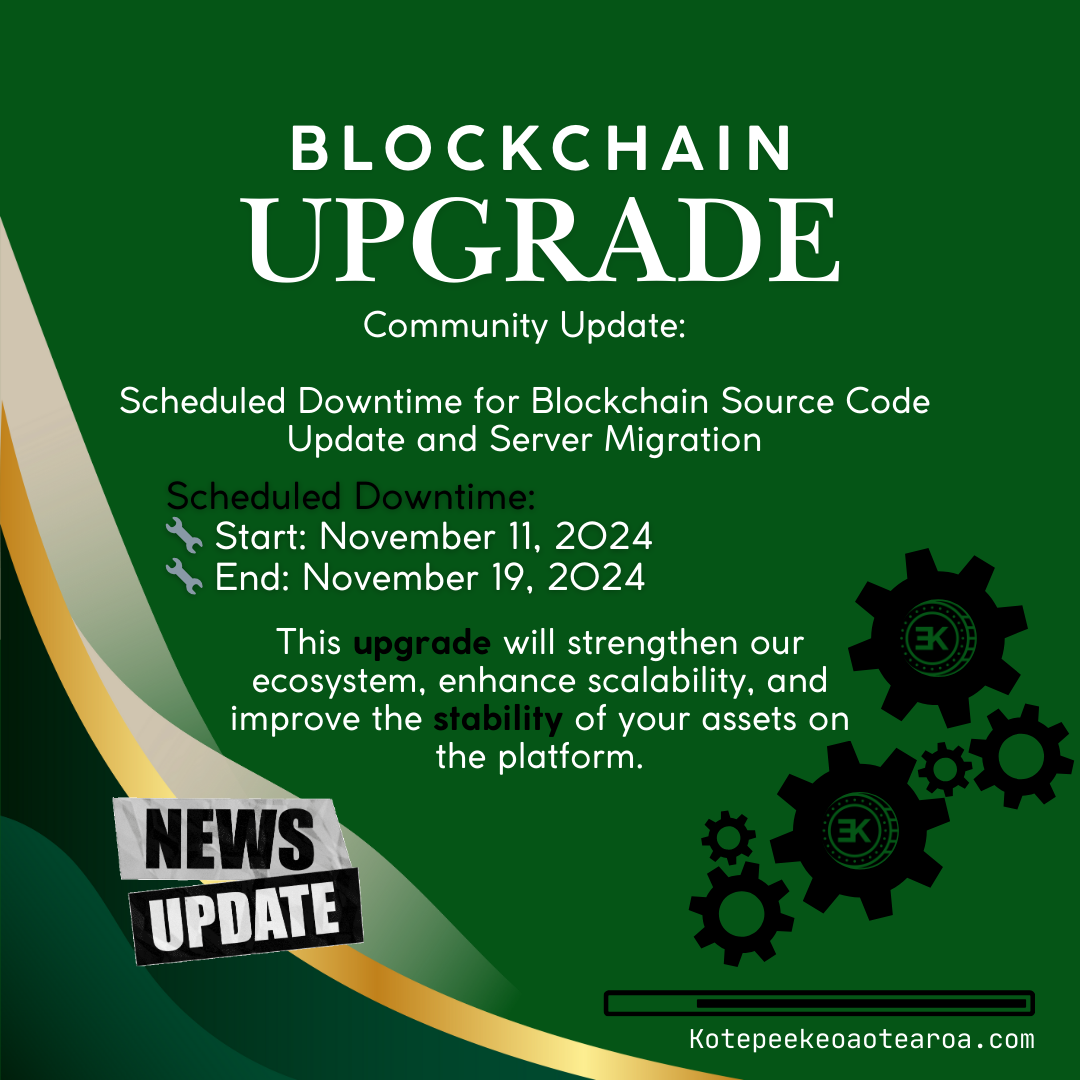

Leave a comment